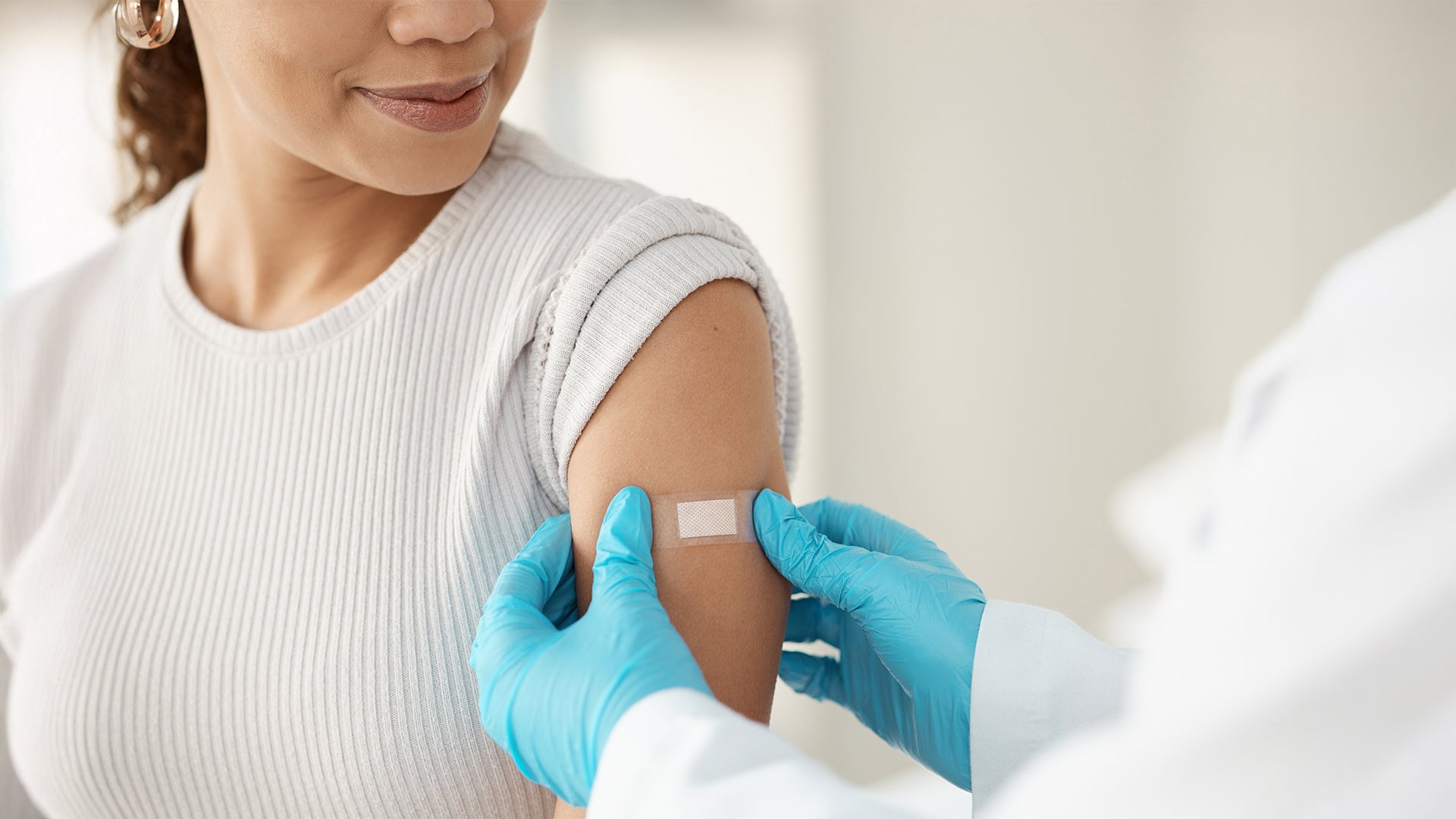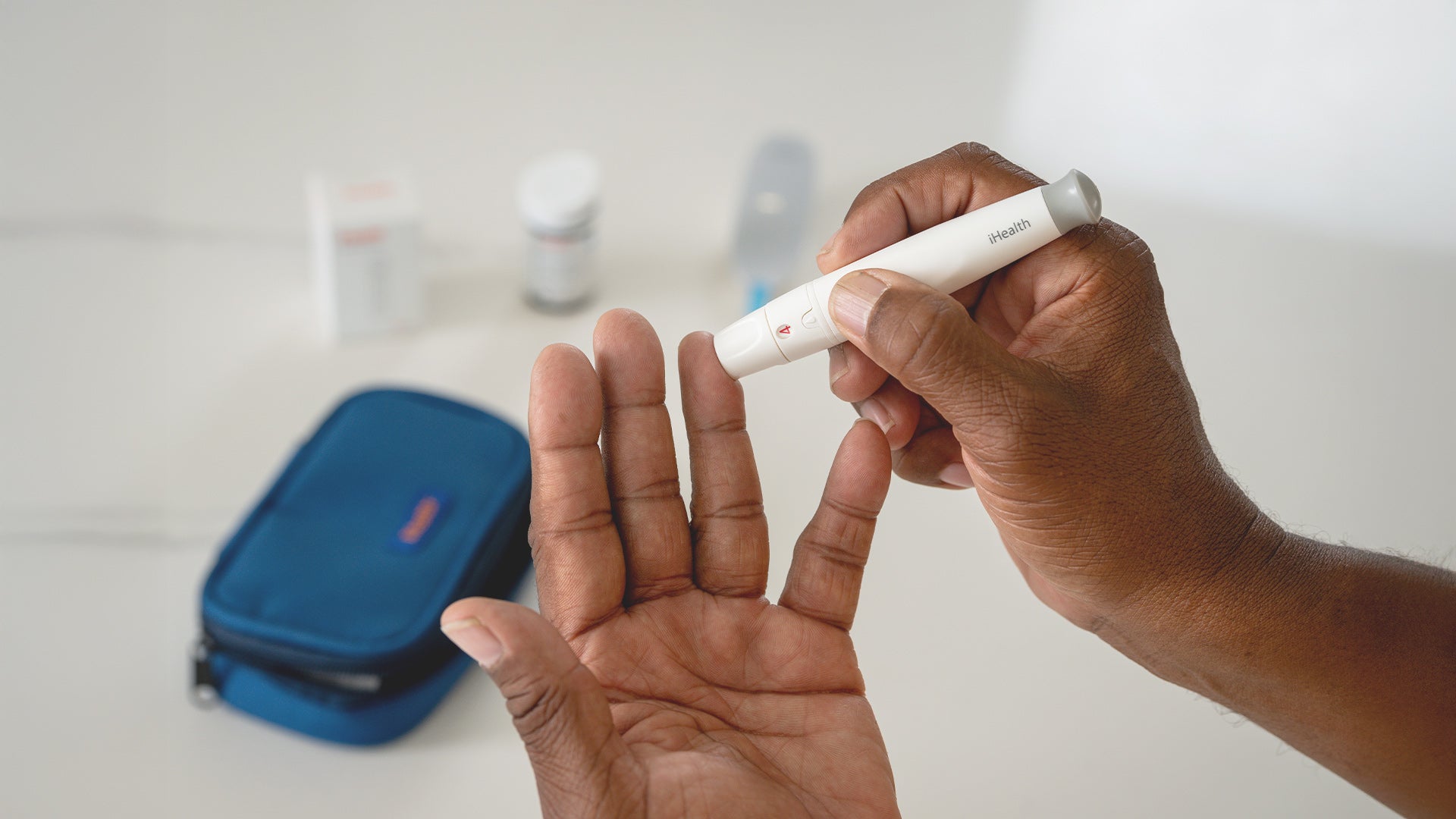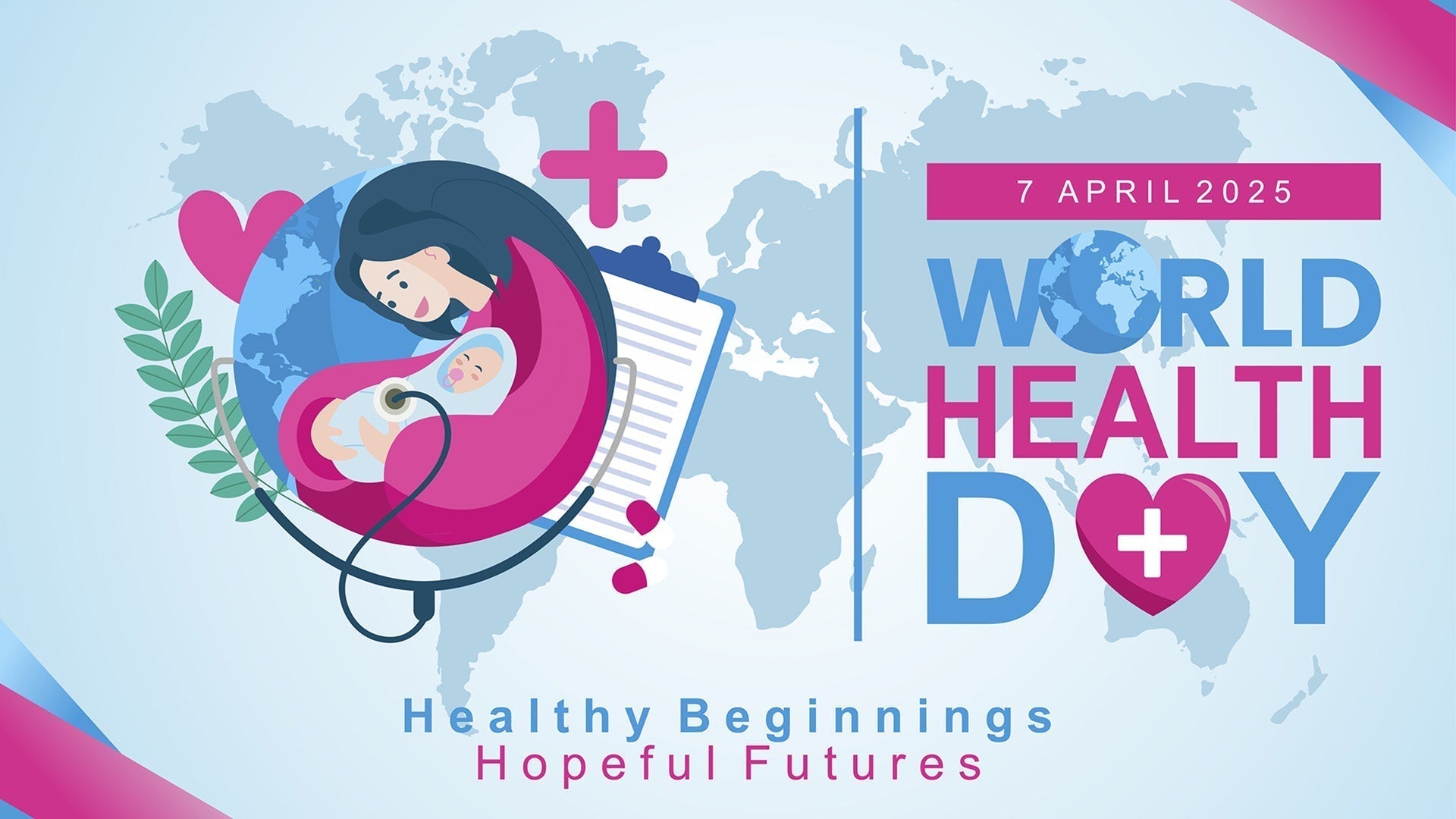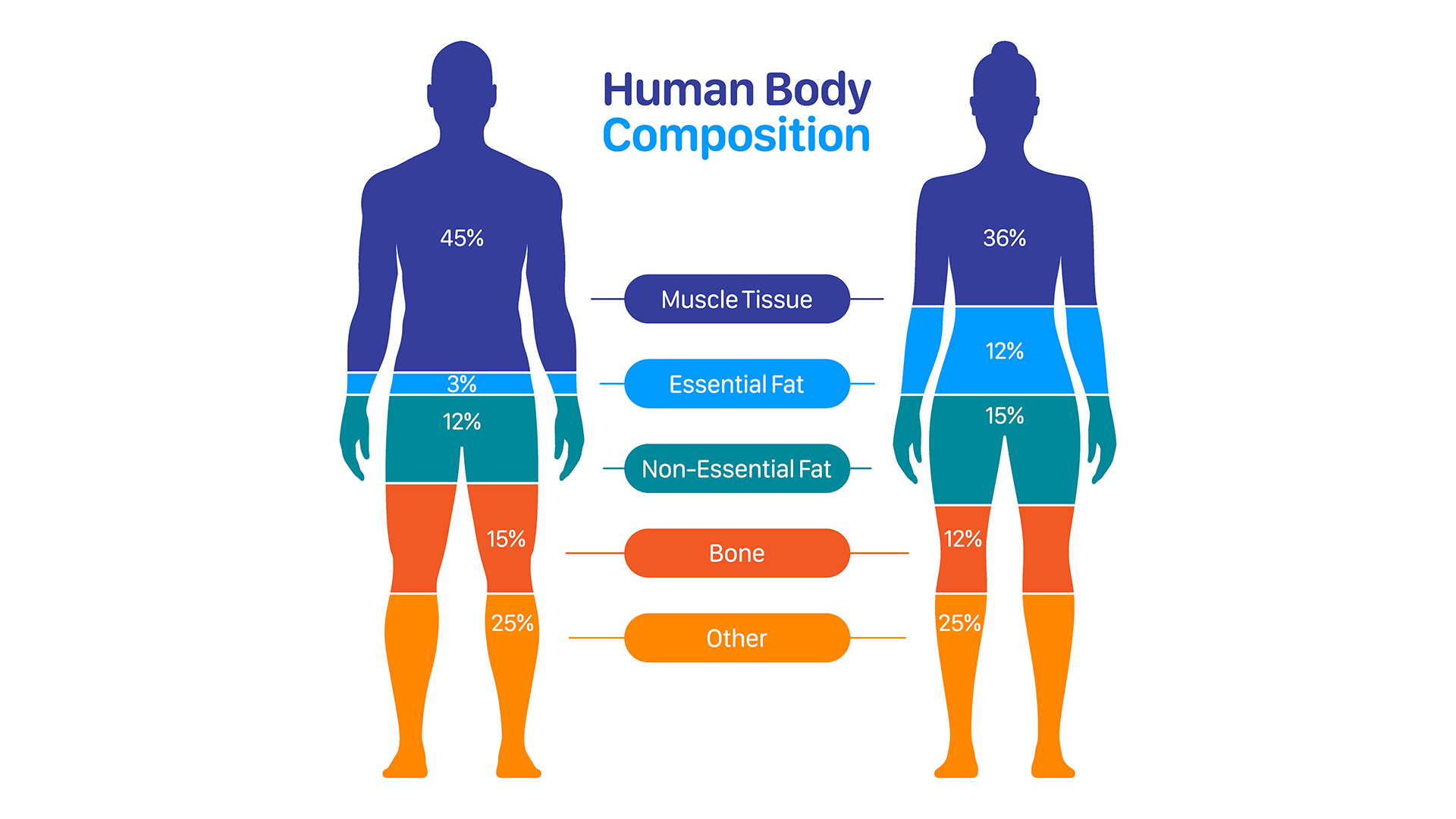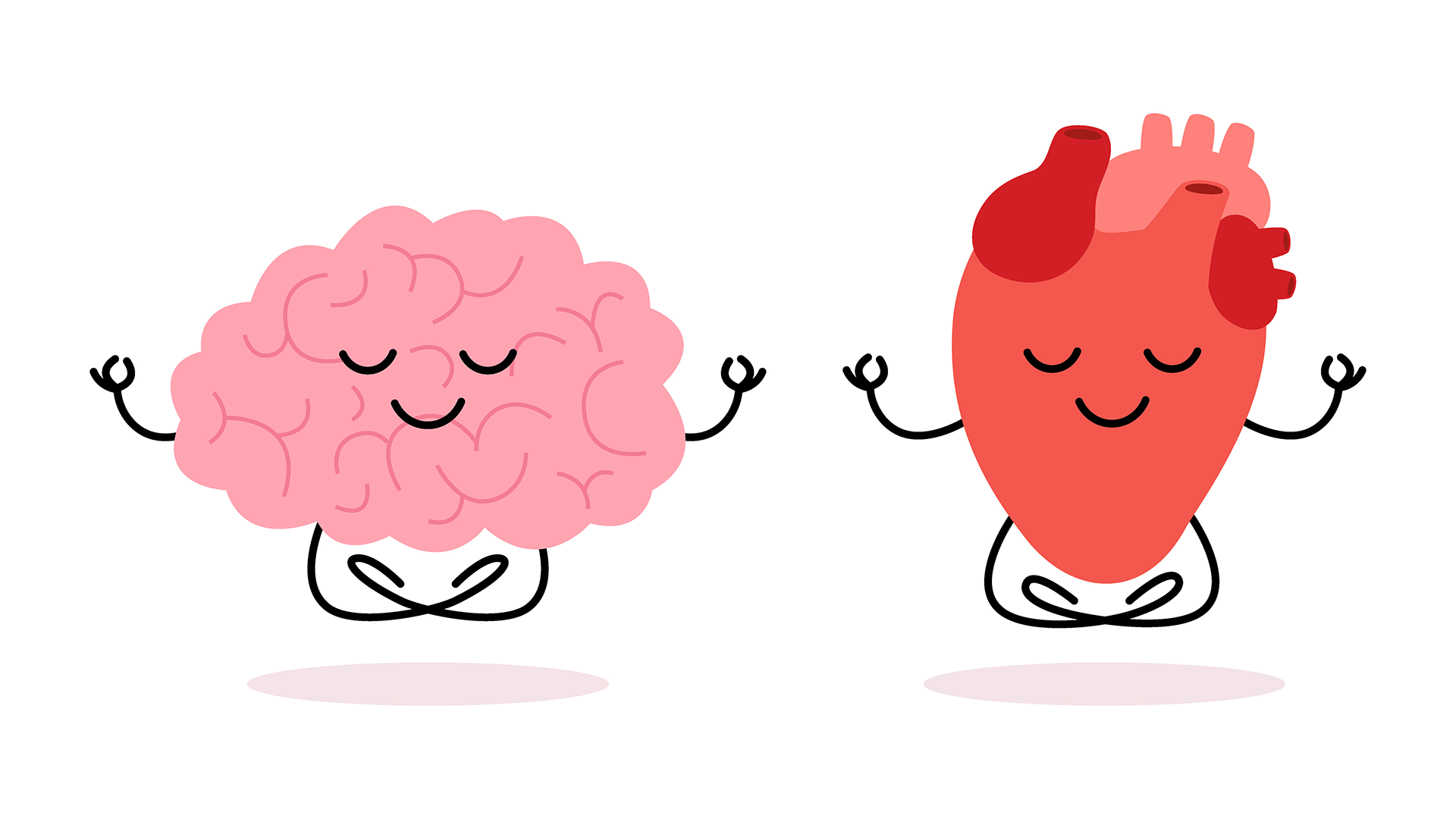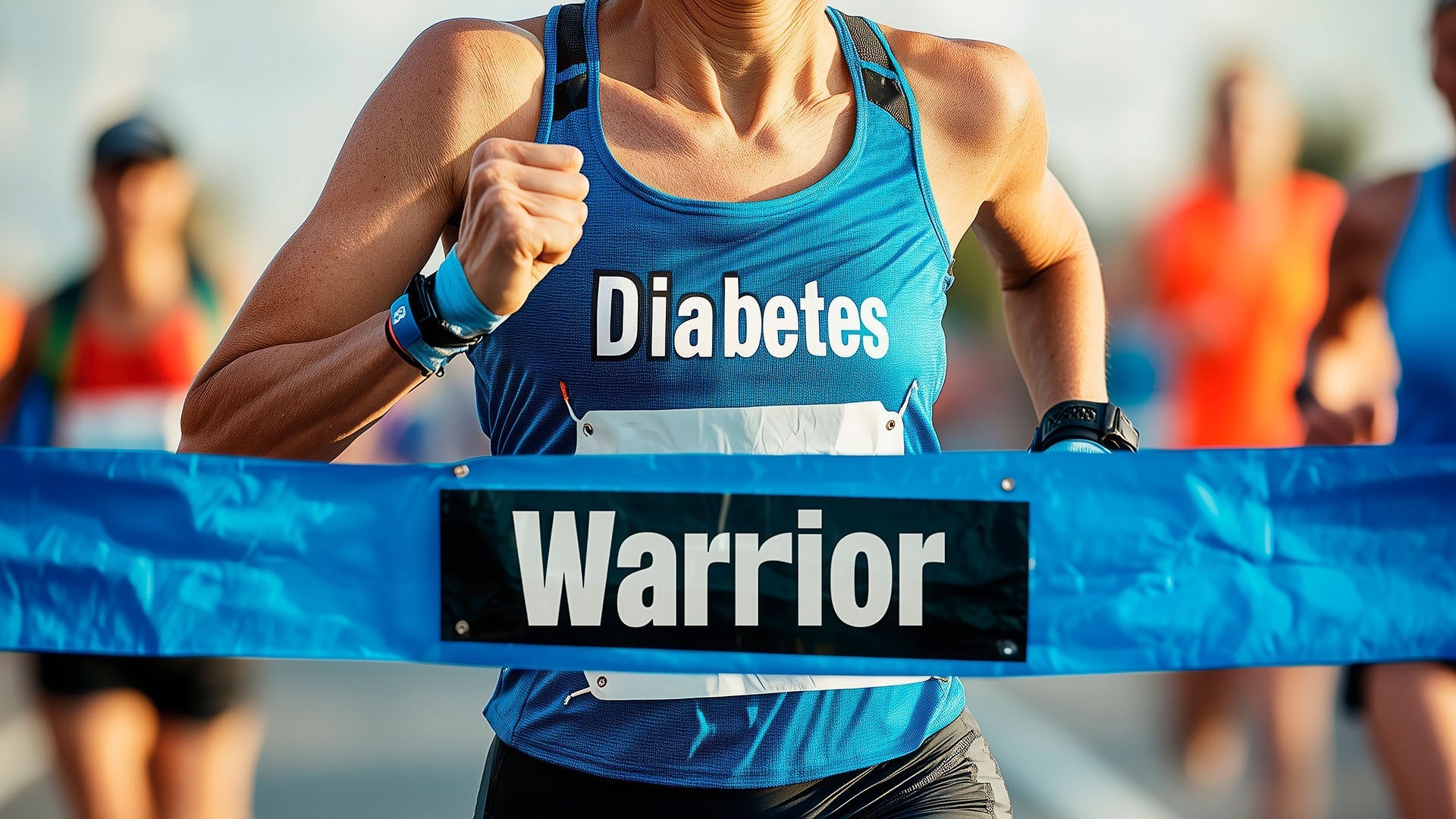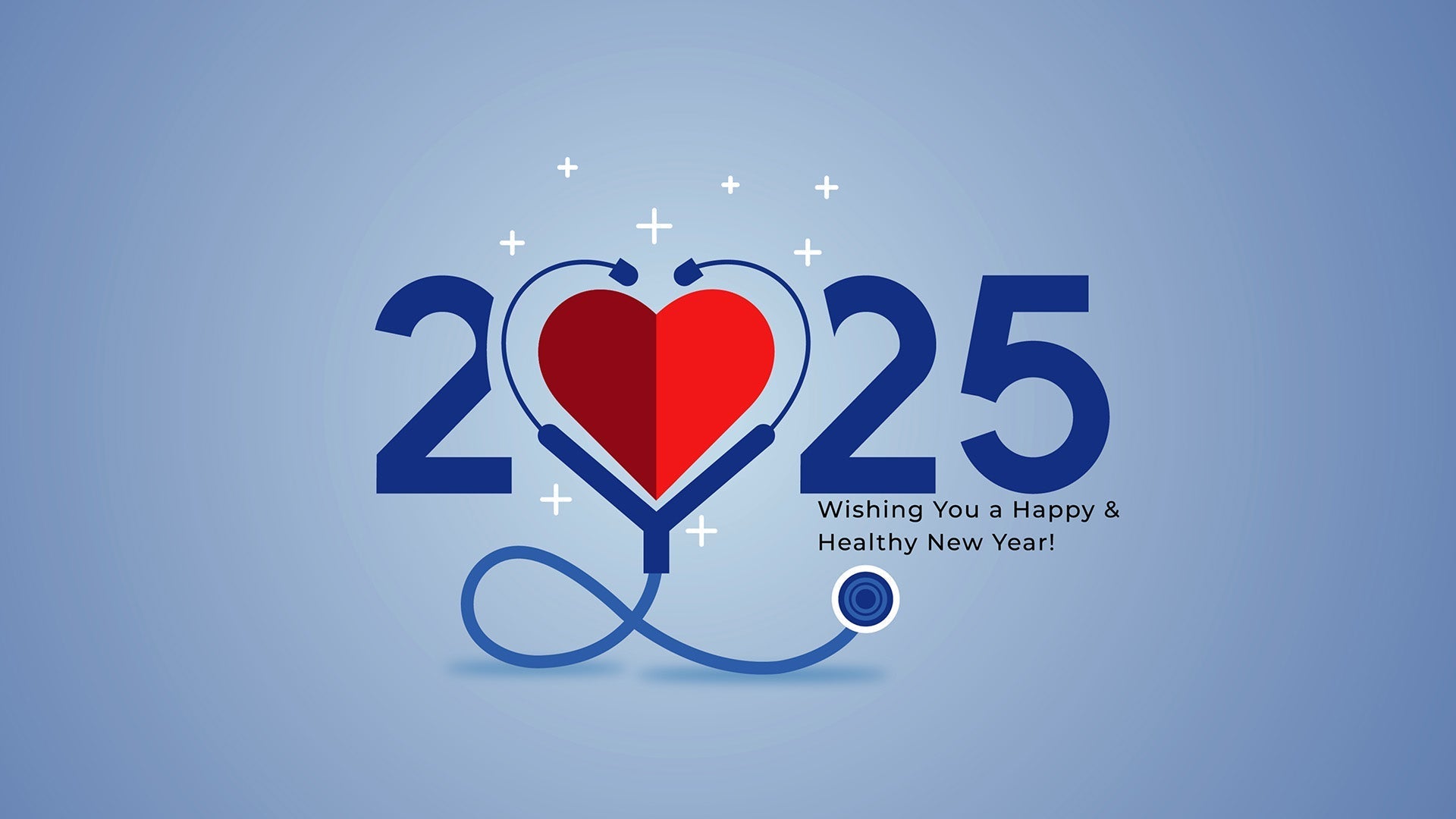Learn Your Way
to A Healthier Life

Vaccinations remain one of the most powerful tools in modern medicine, credited with preventing millions of deaths and controlling the spread of numerous infectious diseases. Ever since 1798, when Dr. Edward Jenner first administered an inoculation against smallpox, vaccines have transformed public health on a global scale.
World Immunization Week, April 24-30, celebrates these achievements by promoting awareness and access to life saving vaccination efforts while acknowledging ongoing challenges. Despite overwhelming evidence supporting vaccine safety and effectiveness, vaccine hesitancy remains one such challenge—which can be solved by educating on the proven efficacy of immunization.
The Efficacy of Vaccines
Vaccines work by training the immune system to recognize and fight pathogens without causing the disease itself. Once vaccinated, the body develops memory cells that offer protection if it encounters the pathogen again in the future.
Vaccines have drastically reduced the incidence of many once-common diseases. For example, smallpox, a deadly disease responsible for hundreds of millions of deaths throughout history, was declared eradicated in 1980 thanks to a coordinated global vaccination campaign. Similarly, polio has been eliminated in most countries, with only a few regions still reporting cases due to limited vaccine access.
In the United States alone, routine childhood immunizations given between 1994 and 2023 are estimated to have prevented 508 million lifetime illnesses, 32 million hospitalizations and 1,129,000 deaths.
Effectiveness Across Various Vaccines
The vaccine data and numbers demonstrate its effectiveness:
- Measles Vaccine. Before the measles vaccine became widely available in 1963, major outbreaks were common. Today, two doses of the measles, mumps and rubella (MMR) vaccine are about 97% effective at preventing measles.
- Influenza Vaccine. While flu vaccine effectiveness varies each year due to changing virus strains, it typically reduces the risk of illness by 40–60% among the overall population when the vaccine is well-matched to circulating strains.
- COVID-19 Vaccines. A study published by Human Vaccines & Immunotherapeutics showed Pfizer/BioNTech vaccines had greater than 90% effectiveness against infection, severe infection, infection requiring hospitalization and mortality after the second dose. The effectiveness of the Moderna vaccine after the second dose was greater than 80% against infection, severe infection and infection requiring hospitalization.
The Role of Vaccine Education
To increase vaccine acceptance, education must address knowledge gaps while building trust in healthcare professionals and the science behind vaccines.
Start with Empathy and Listening
A one-size-fits-all approach is rarely effective. Healthcare providers and public health communicators should approach vaccine-hesitant individuals with empathy, listen to their concerns and respond with personalized, evidence-based information. Studies show that patients are more likely to accept vaccines when they feel heard and not judged.
Promote Transparent Communication
People are more likely to trust vaccine recommendations when they feel the information provided is transparent. This includes open discussions about side effects, how vaccines are developed and tested and how their effectiveness is monitored. Explaining how rare adverse events are managed reassures the public that safety is a top priority.
Strengthen School and Workplace Education
Education about vaccines should begin early. Integrating vaccine education into school science and health curriculums can build a foundation of understanding from a young age. Similarly, workplace programs that include information sessions and on-site vaccination services can improve accessibility and awareness among adults.
Address Misinformation
One of the greatest challenges in promoting vaccine education is combating misinformation. Social media platforms are among the sources that can spread inaccuracies rapidly, leading to confusion and fear. Strategies to address misinformation include:
- Provide prompt, evidence-based responses to circulating myths and prevent misinformation from taking root.
- Teach individuals how to critically evaluate online sources.
- Collaborate with social media companies to promote verified content and limit the spread of false claims.
Vaccines are one of the most thoroughly researched and closely monitored medical solutions to combat diseases and illnesses. World Immunization Week aims to empower individuals and the global community to understand how vaccines work and that they are safe, effective and crucial to elevating public health.
References
- Immunize.org - Vaccine History Timeline
- CDC - History of Smallpox
- Global Polio Eradication Initiative - About Polio
- CDC - Health and Economic Benefits of Routine Childhood Immunizations in the Era of the Vaccines for Children Program
- CDC - About Measles
- Community Health - The Importance of Flu and Pneumonia Vaccines in Keeping Communities Healthy
- Human Vaccines & Immunotherapeutics - The efficacy and effectiveness of the COVID-19 vaccines in reducing infection, severity, hospitalization, and mortality
-
American Journal of Public Health - The Influence of Provider Communication Behaviors on Parental Vaccine Acceptance and Visit Experience
Sign Up For More From iHealth
Receive the Latest News and Special Offers


